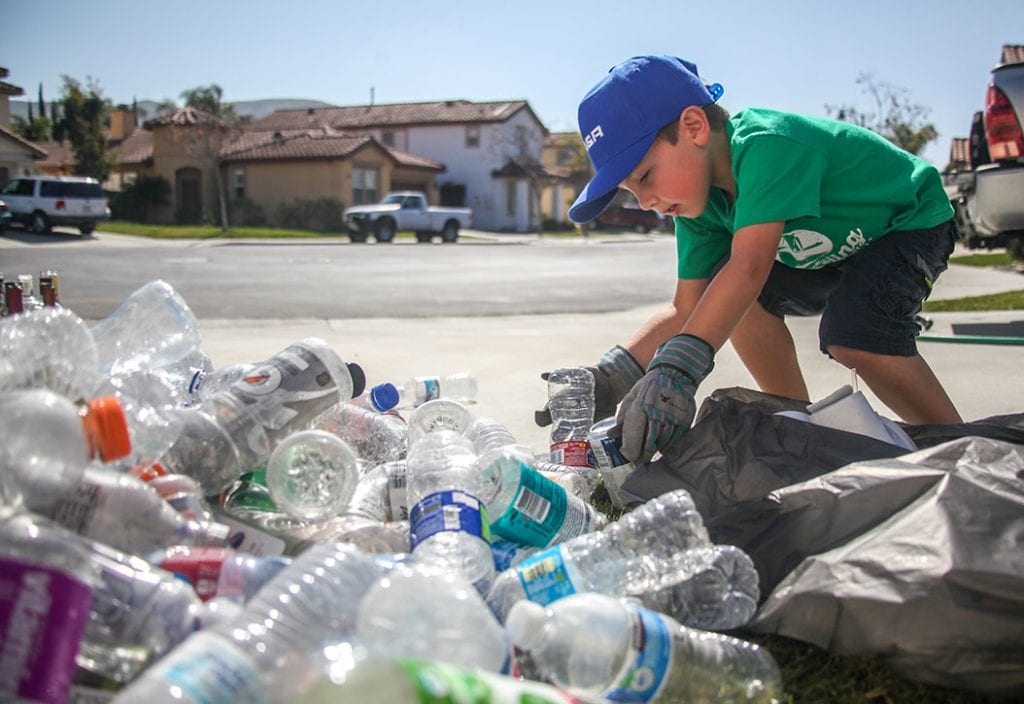This post is over three years old, the information may be outdated.
As ongoing drought, savage bushfires, dry lightning and consequential loss of life, property and air quality devastates Australia, the issue of climate change has well and truly taken centre stage.
While impactful solutions have faced ongoing evasion on a macro scale, there is still much we can do on an individual level to take action in the fight to reduce greenhouse gas emissions – and the simplest way to begin is by recycling… properly.
Why is it important?
The practice of throwing waste in the recycling bin in the hopes that it might be recyclable is referred to as wish cycling, and it is NOT recommended.
This is because there are a few do’s and don’ts when it comes to what you place in the yellow-lidded bin and the results of getting it wrong can be surprisingly damaging.
Labelled ‘contaminants’, any waste that does not belong is removed manually, by machine or through a combination of both at a recycling facility. However the system is not perfect, with some contaminants making it past the sorting process, clogging machinery, endangering employees and ultimately producing unusable batches – which are then sent to landfill.
Major contaminant offenders include:
- Plastic bags
- Disposable nappies
- Clothing
- Food scraps
How to get it right
Unfortunately there is no standardised waste system. Therefore, the only way to know if you are recycling correctly is to get in touch with your local council as each recycling facility operates differently.
Alternatively, you can visit Planet Ark’s RecyclingNearYou website which (along with a bevy of educational resources and recycling tips) offers a handy location search so you can learn exactly what to place in your bin and even find local drop off points for tricky items.
Take action
Finally, due to changes in the import policies of other countries, Australia’s recycled waste faces an uncertain future.
In light of this, the best way you can support healthy ongoing recycling practices is by:
- Recycling correctly
- Purchasing recycled goods
- Reusing, swapping or sharing existing items
- Organising local recycling initiatives and
- Participating in activities that support eco-awareness
With the help of CSU Green you could even organise your own sustainable event!










